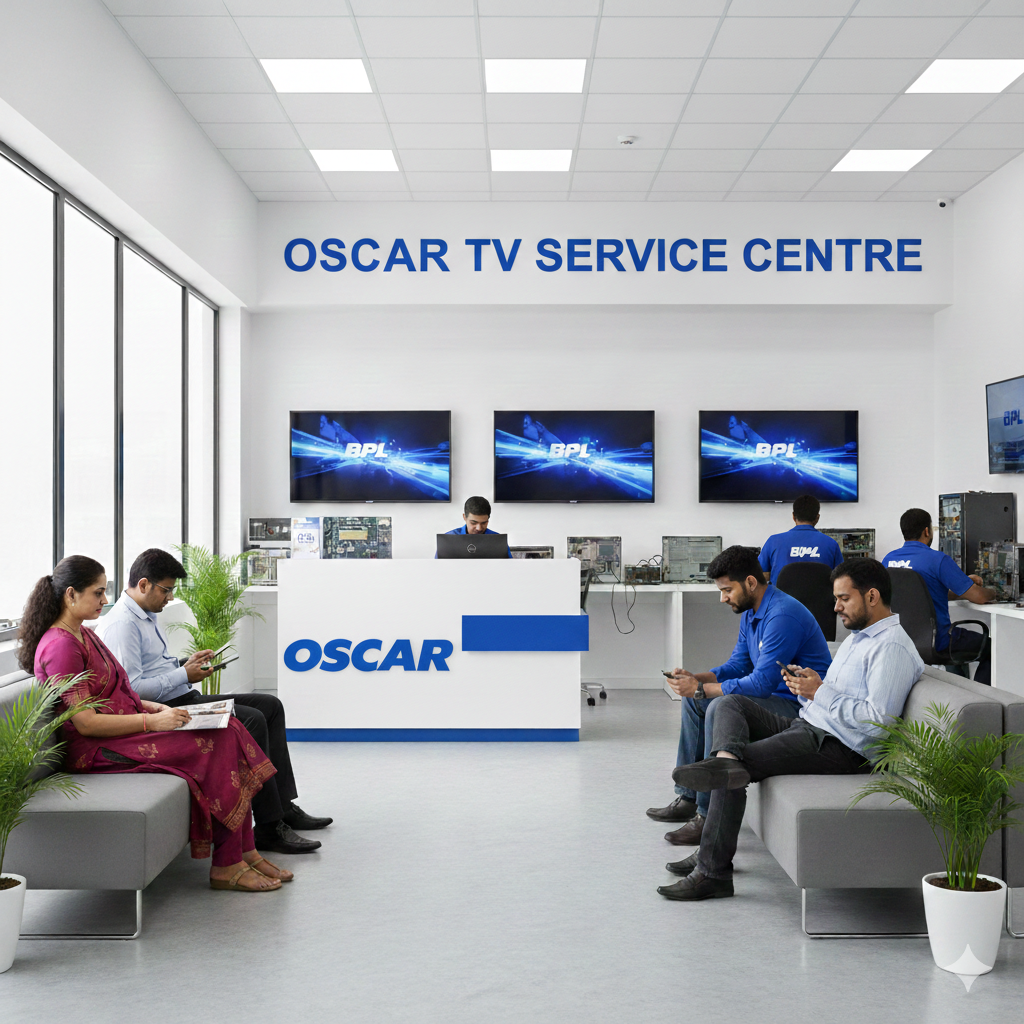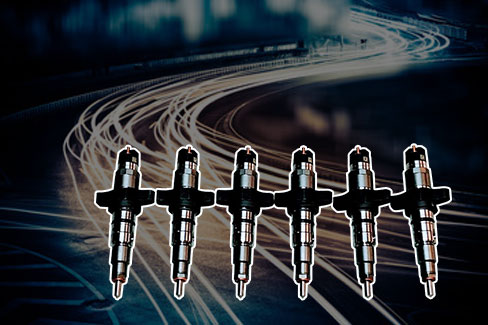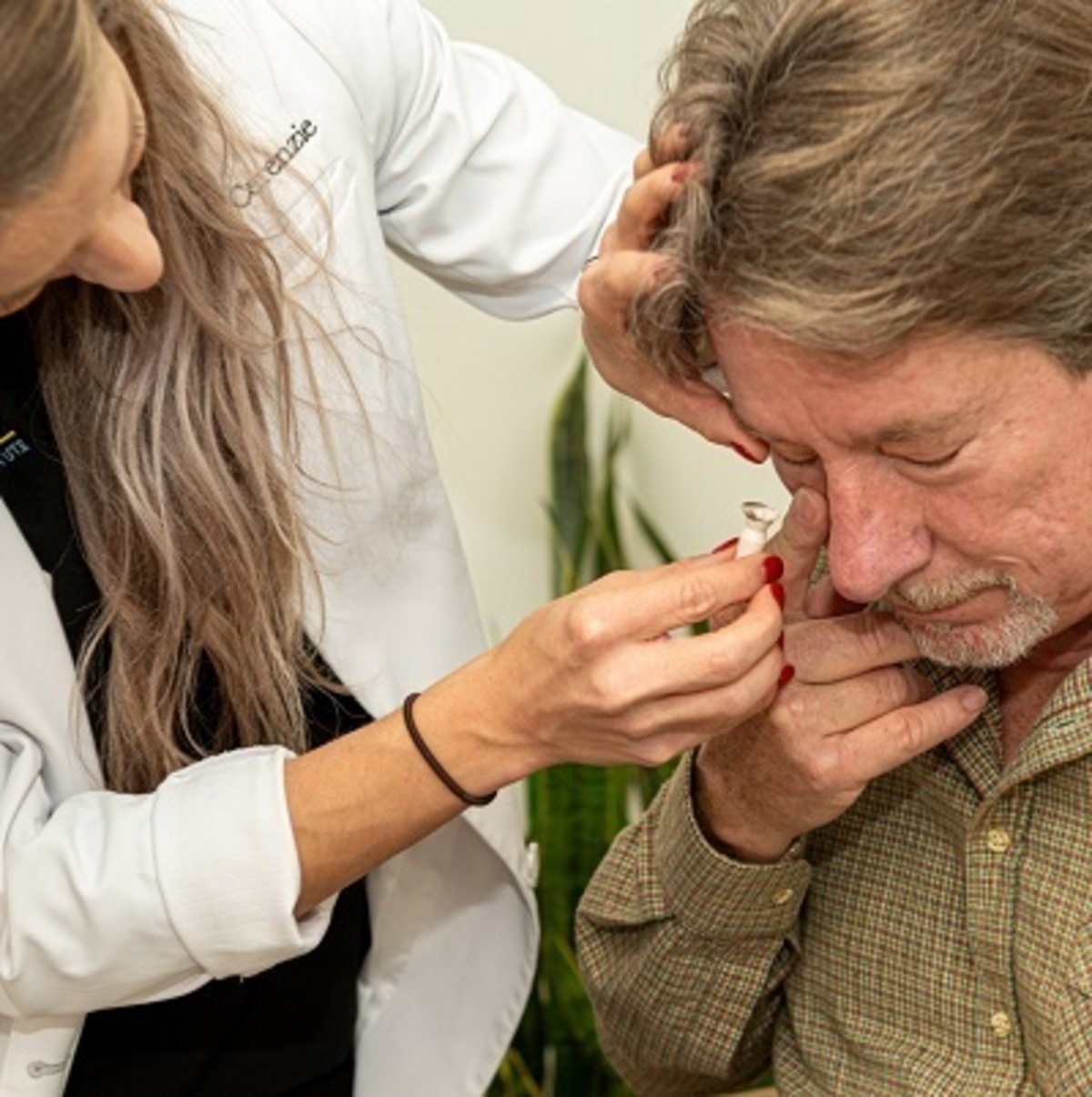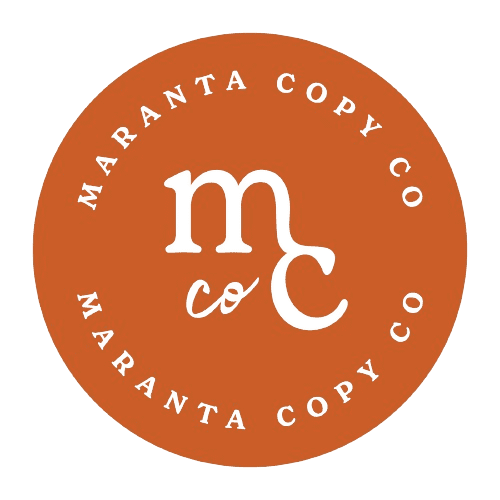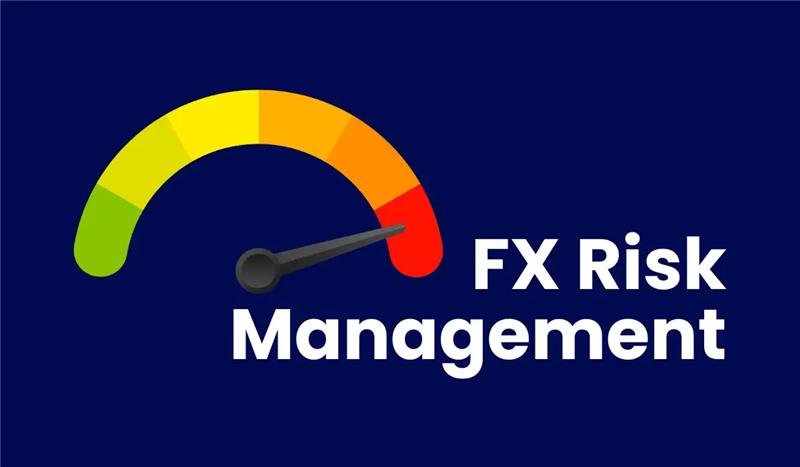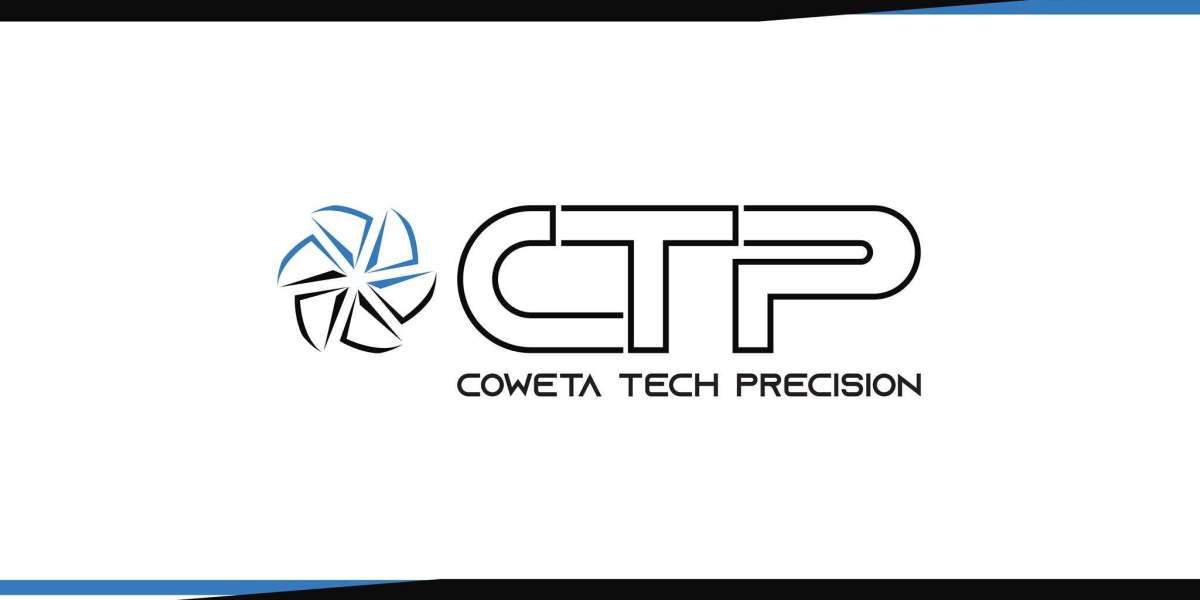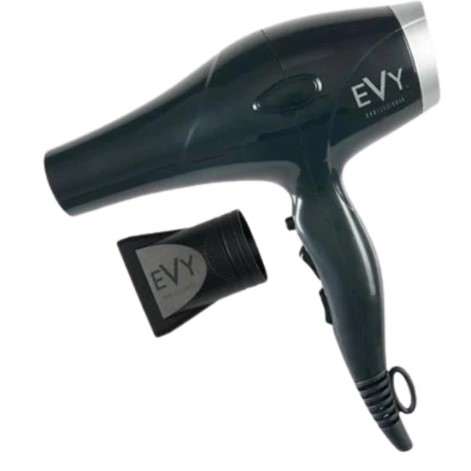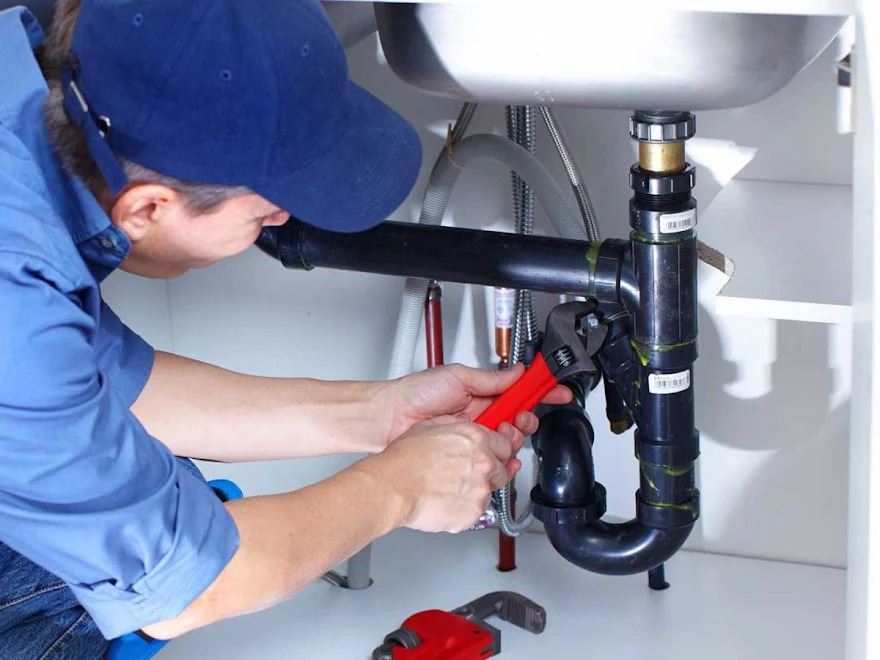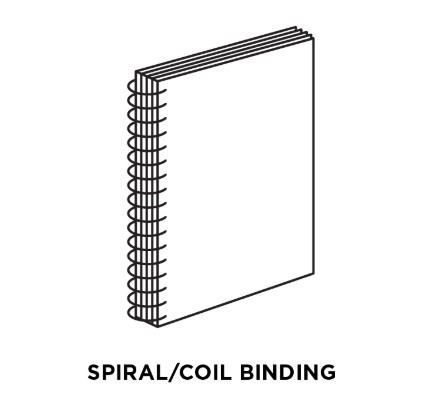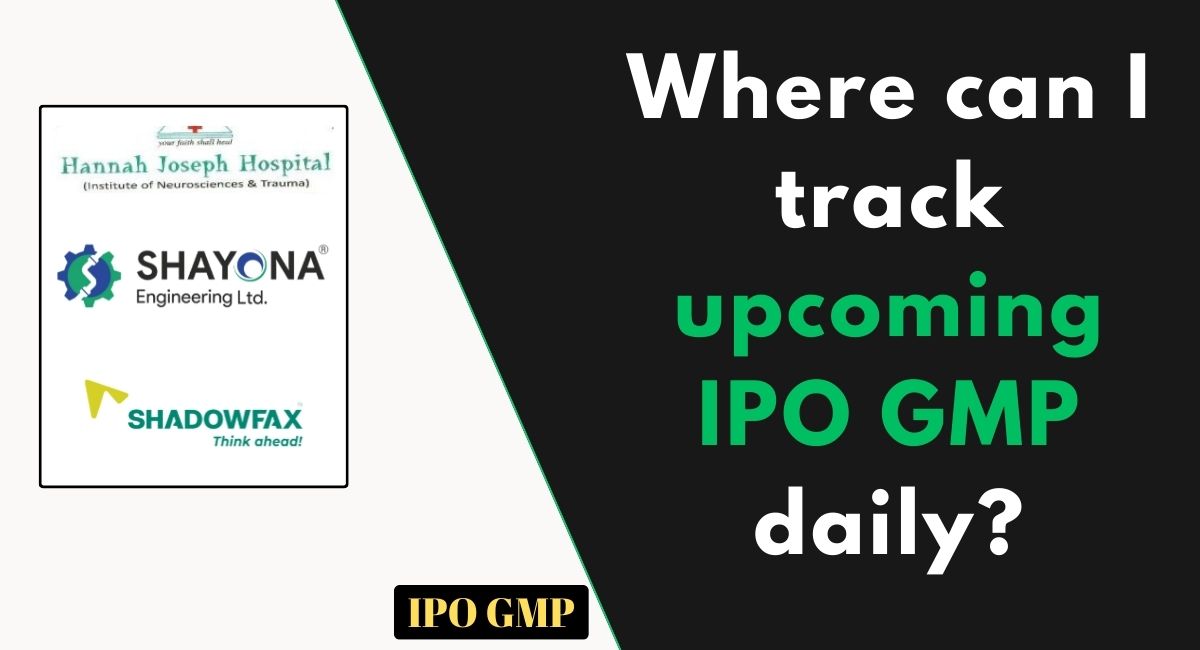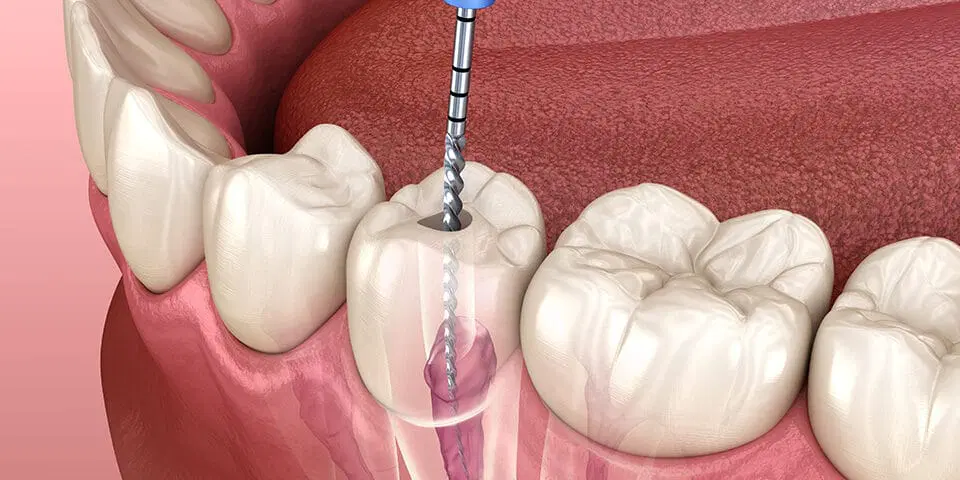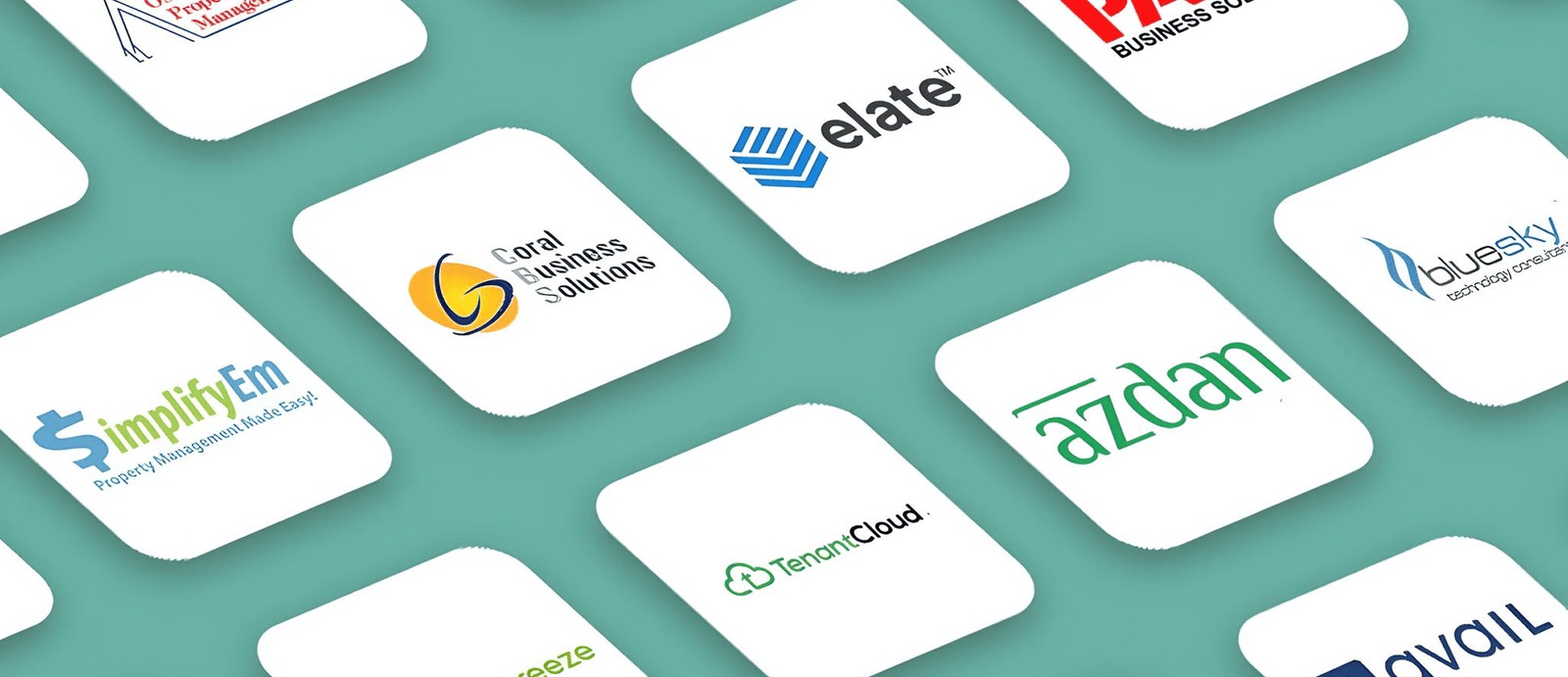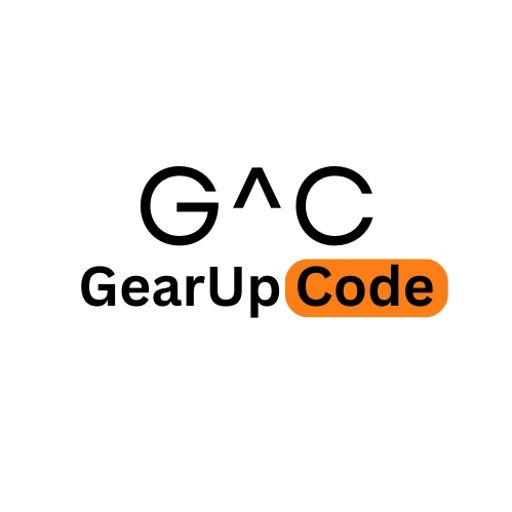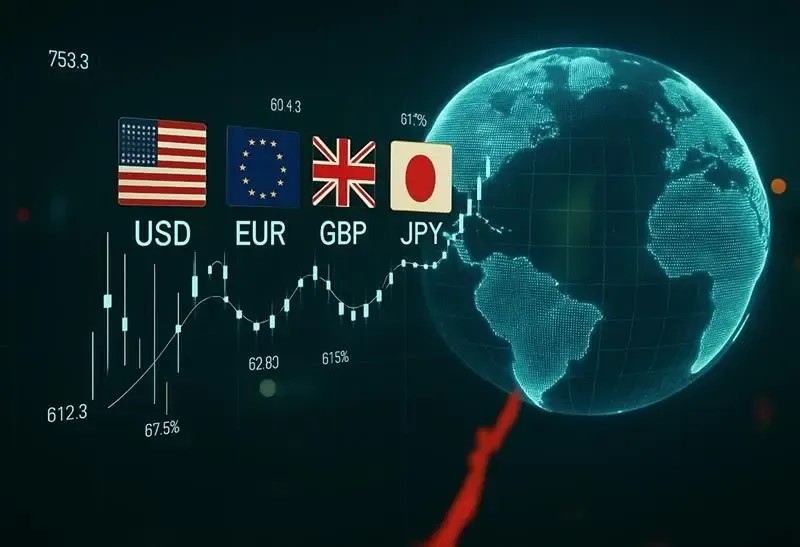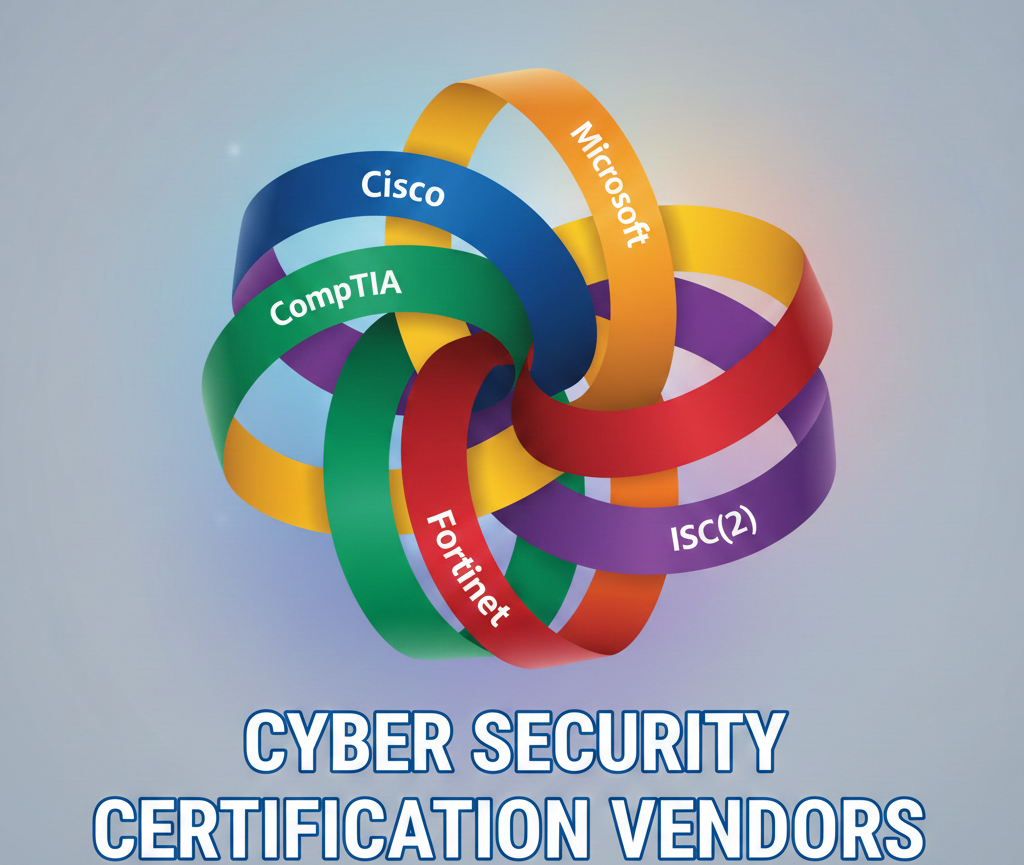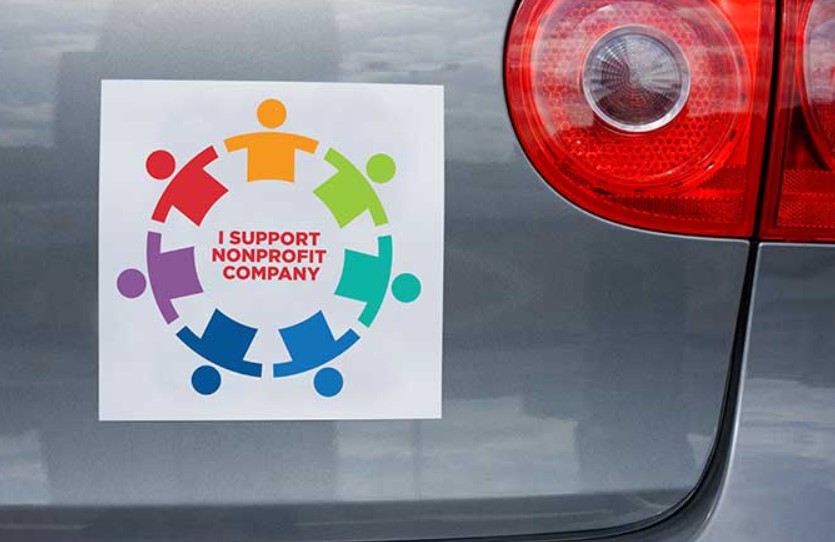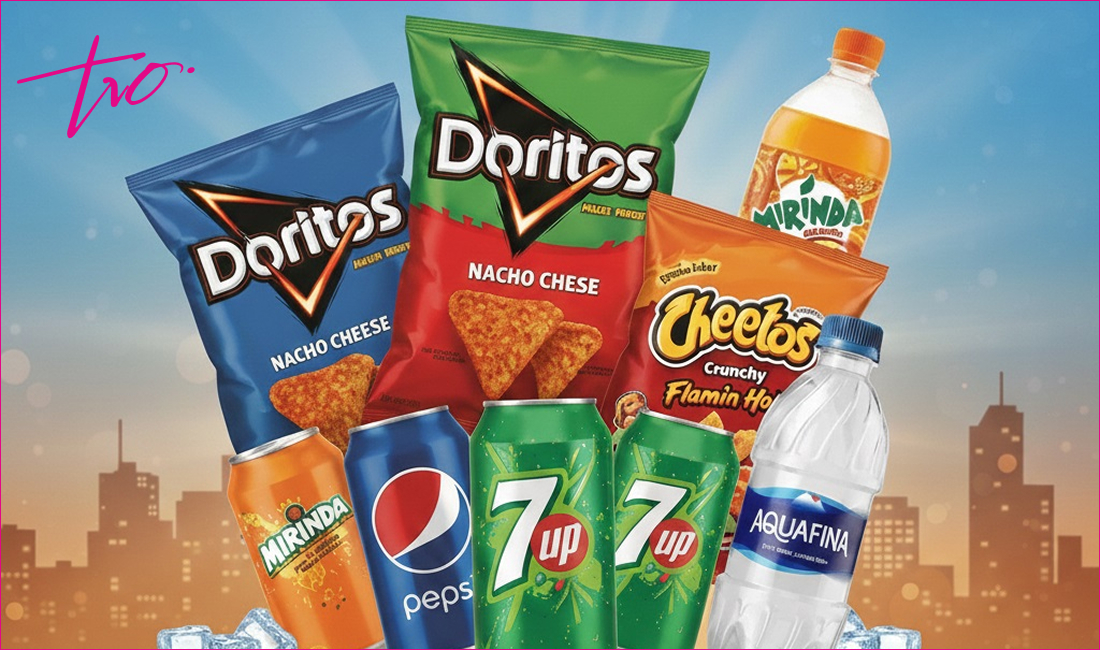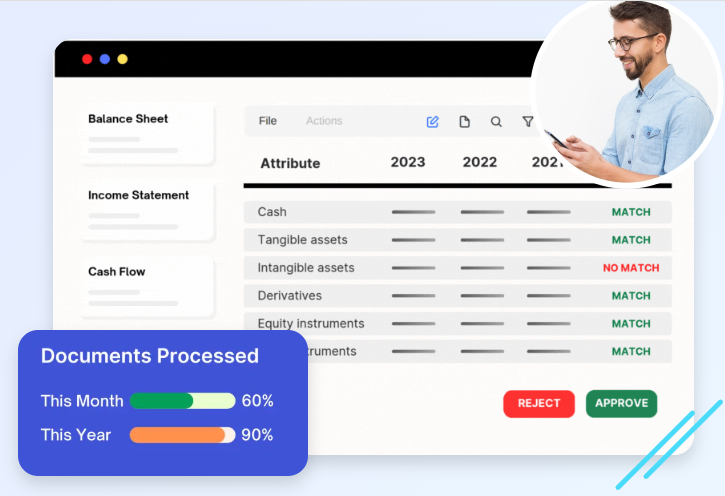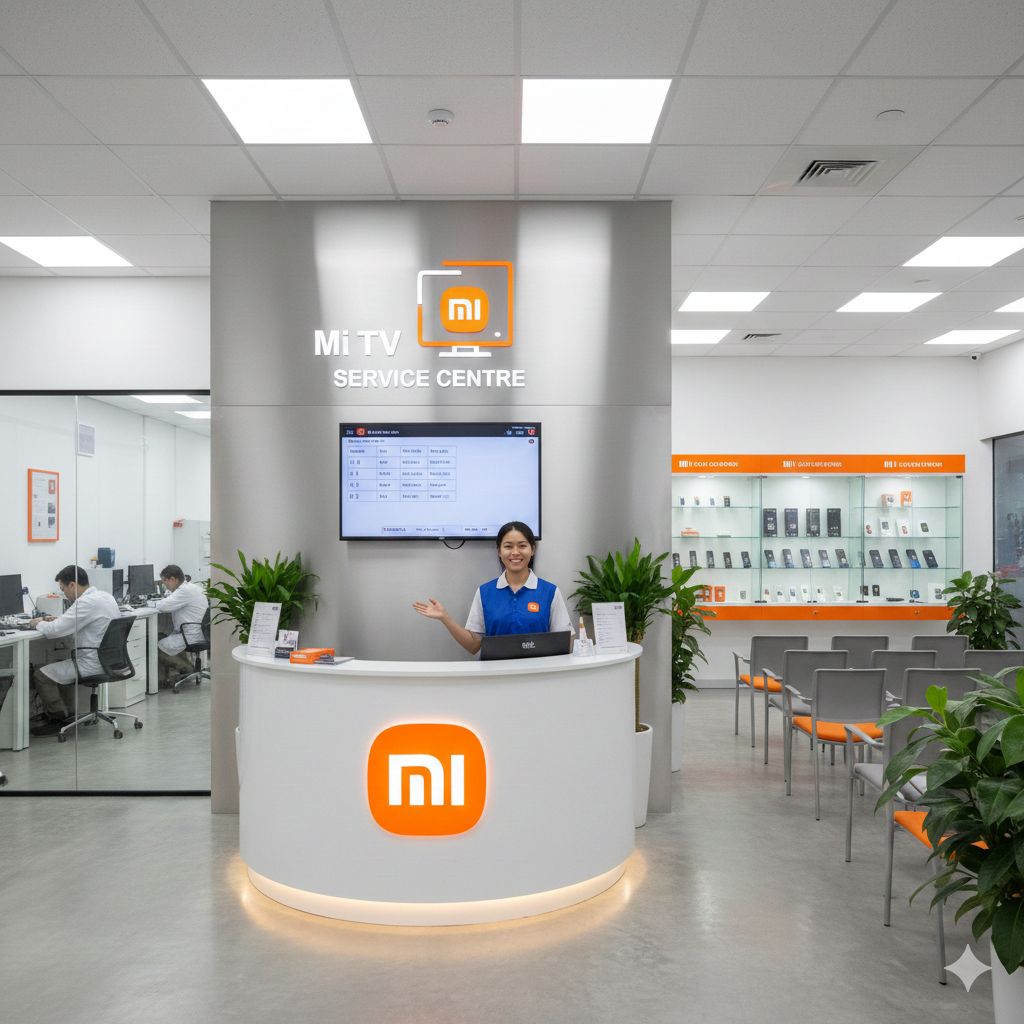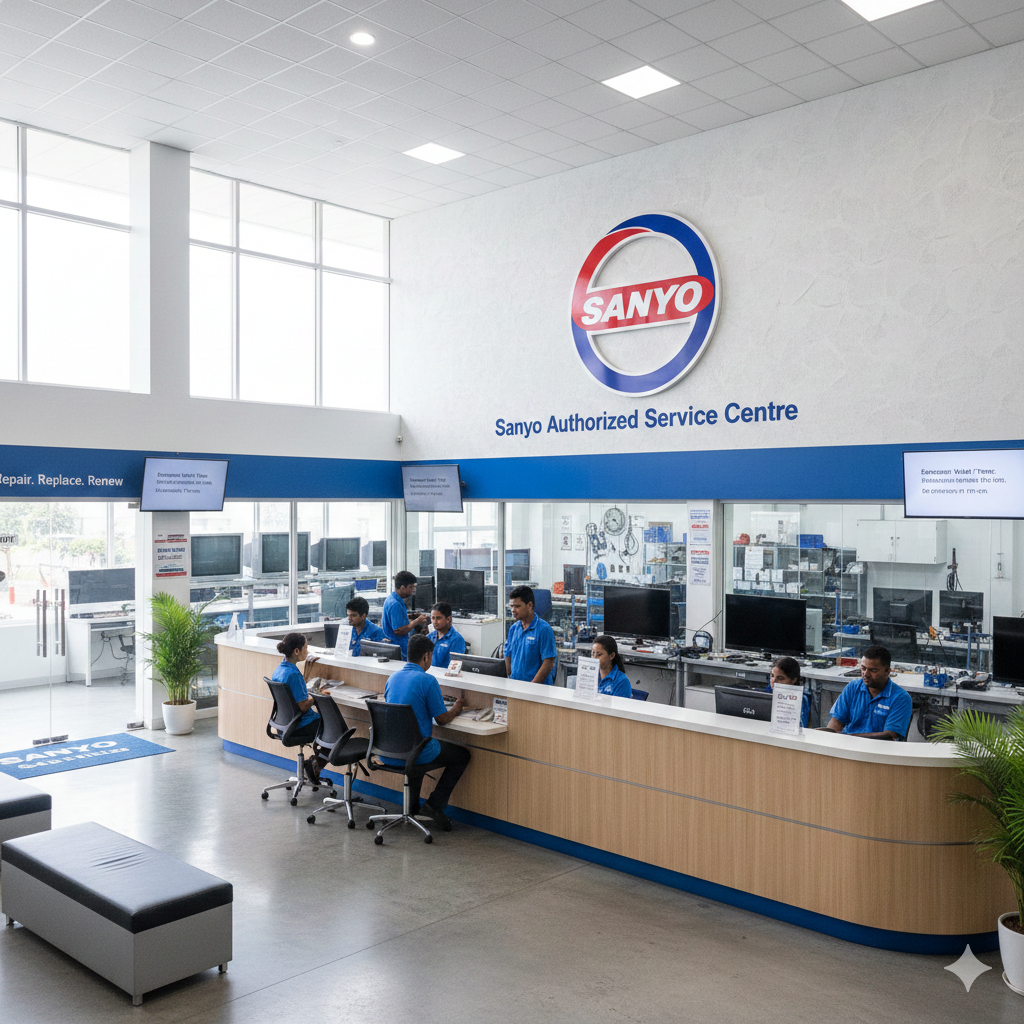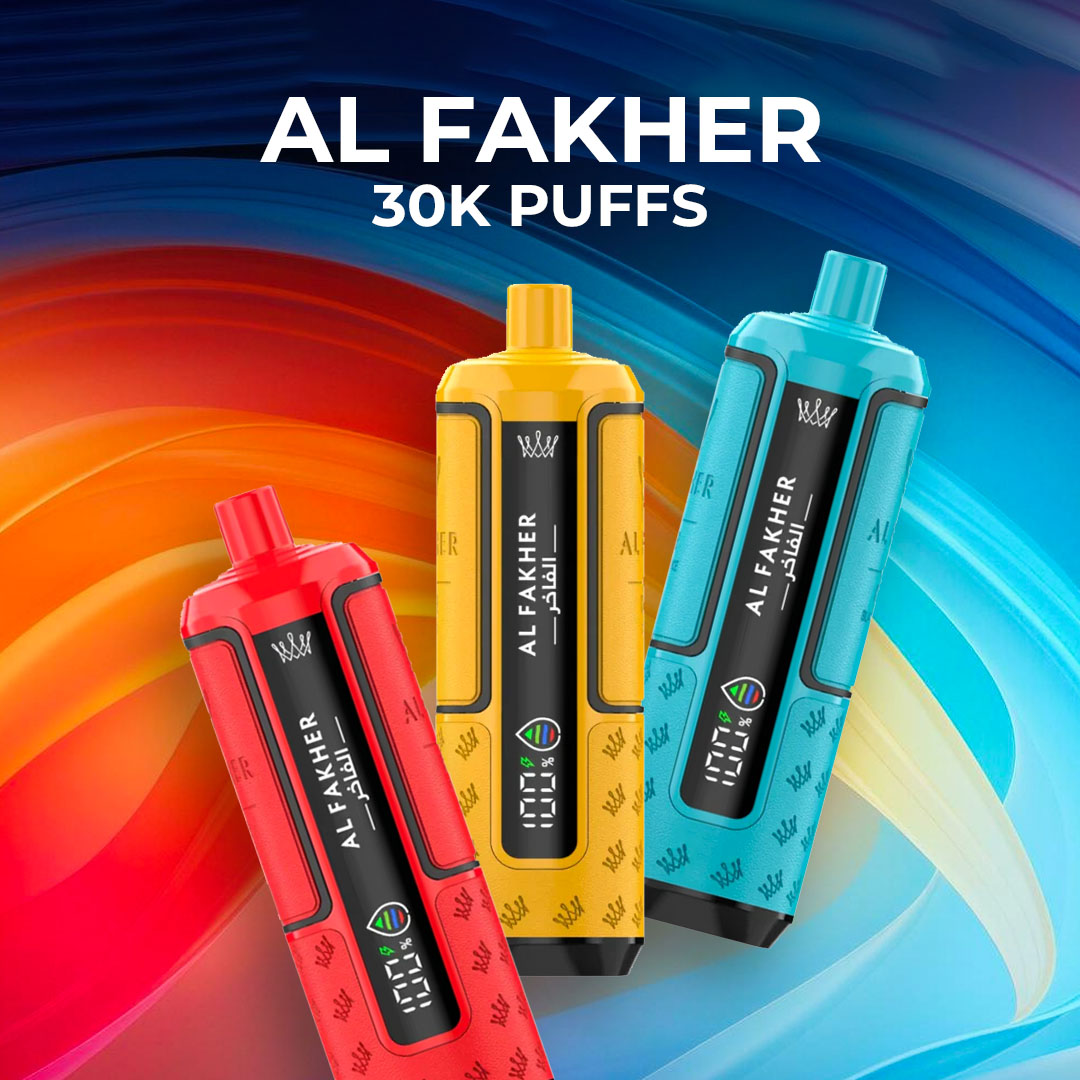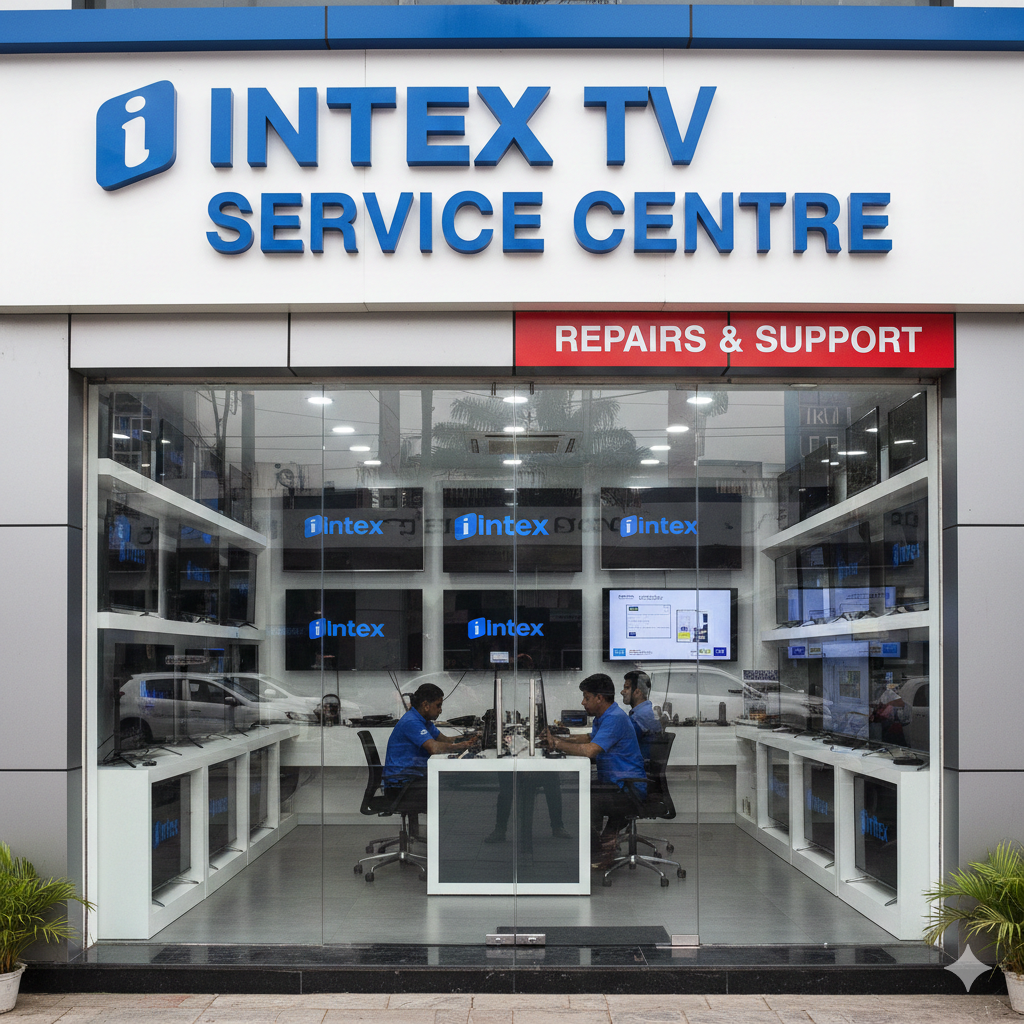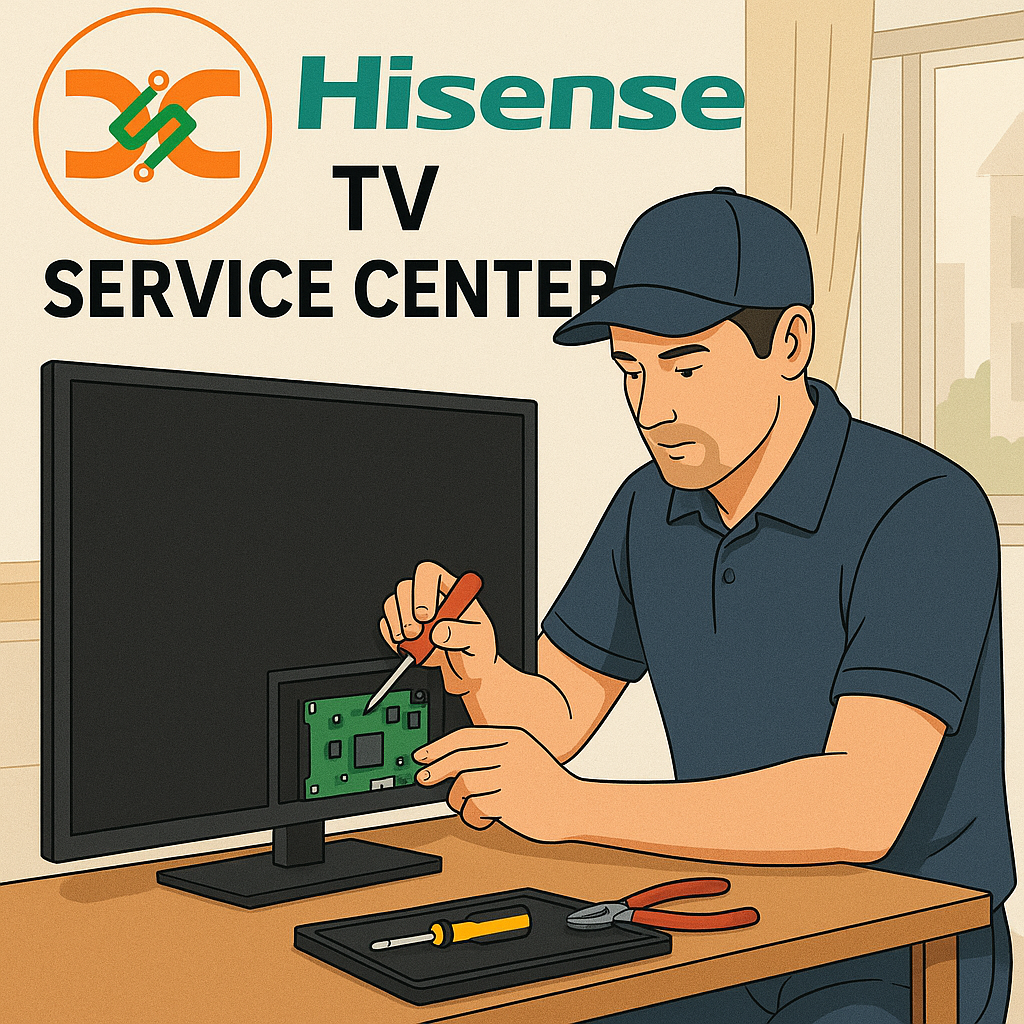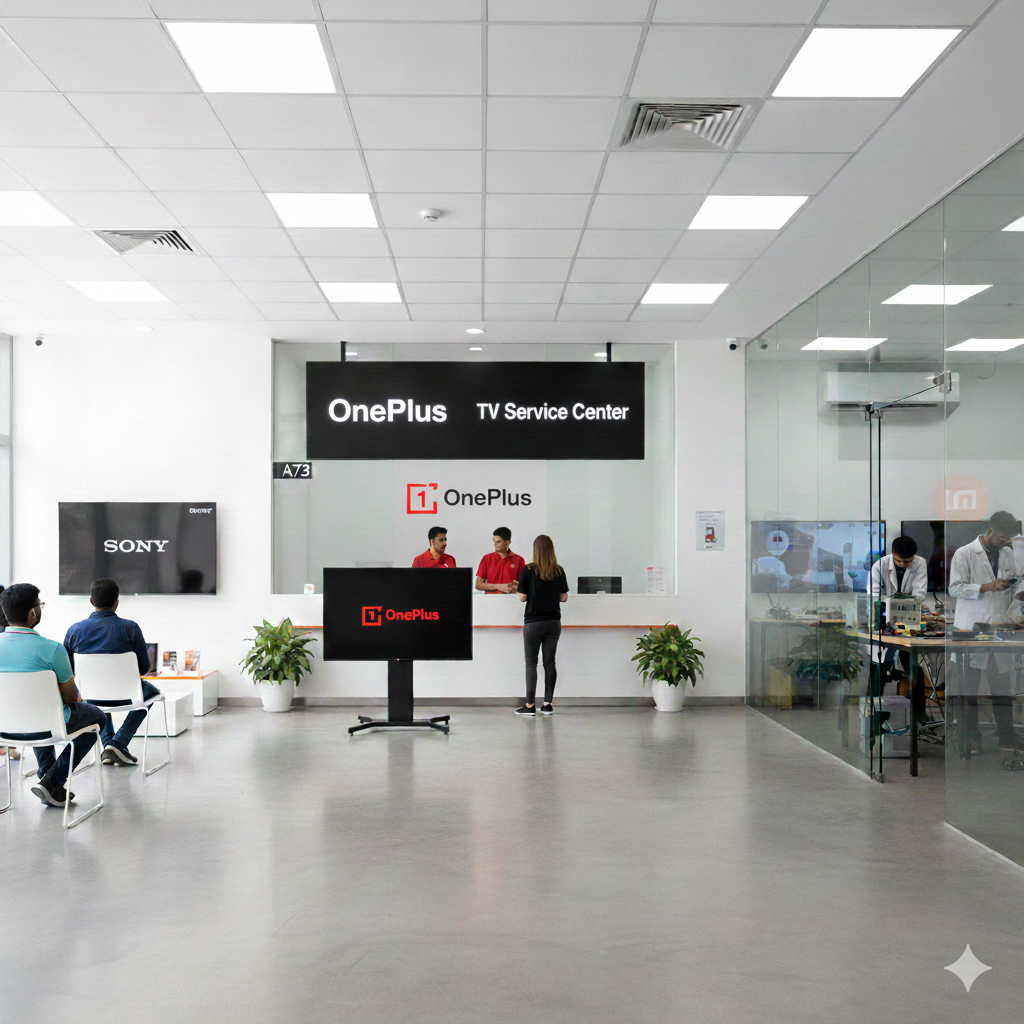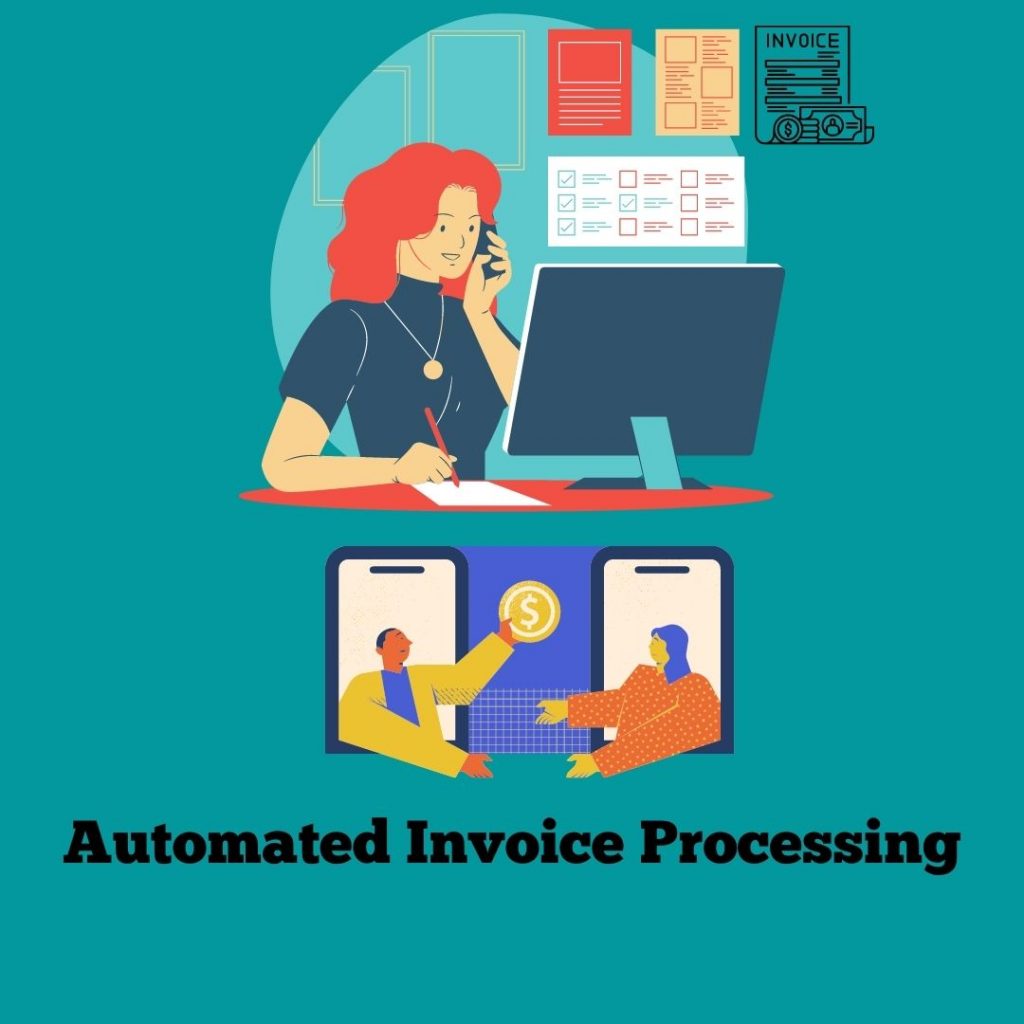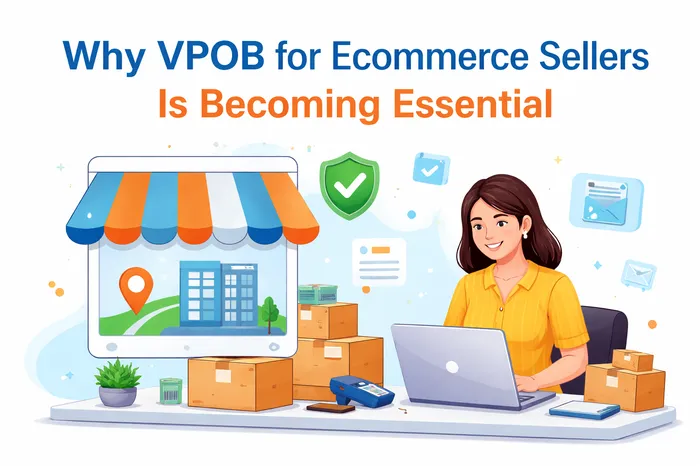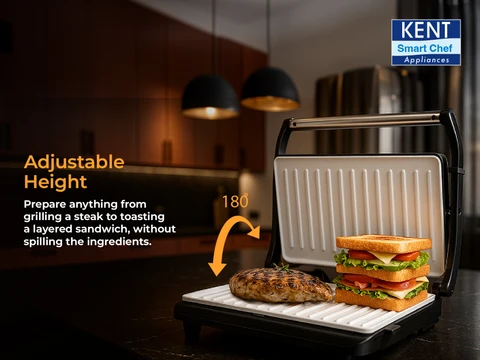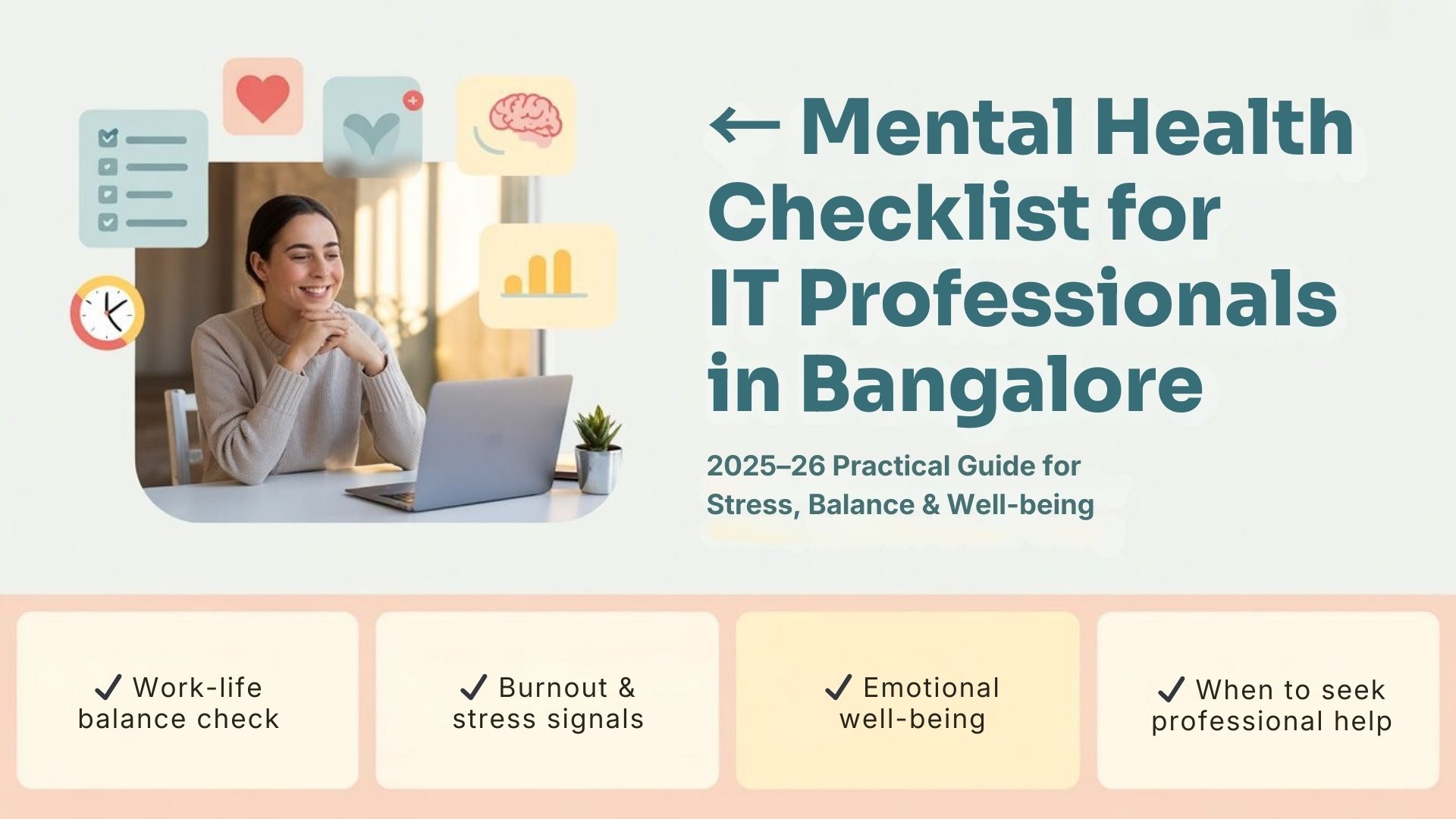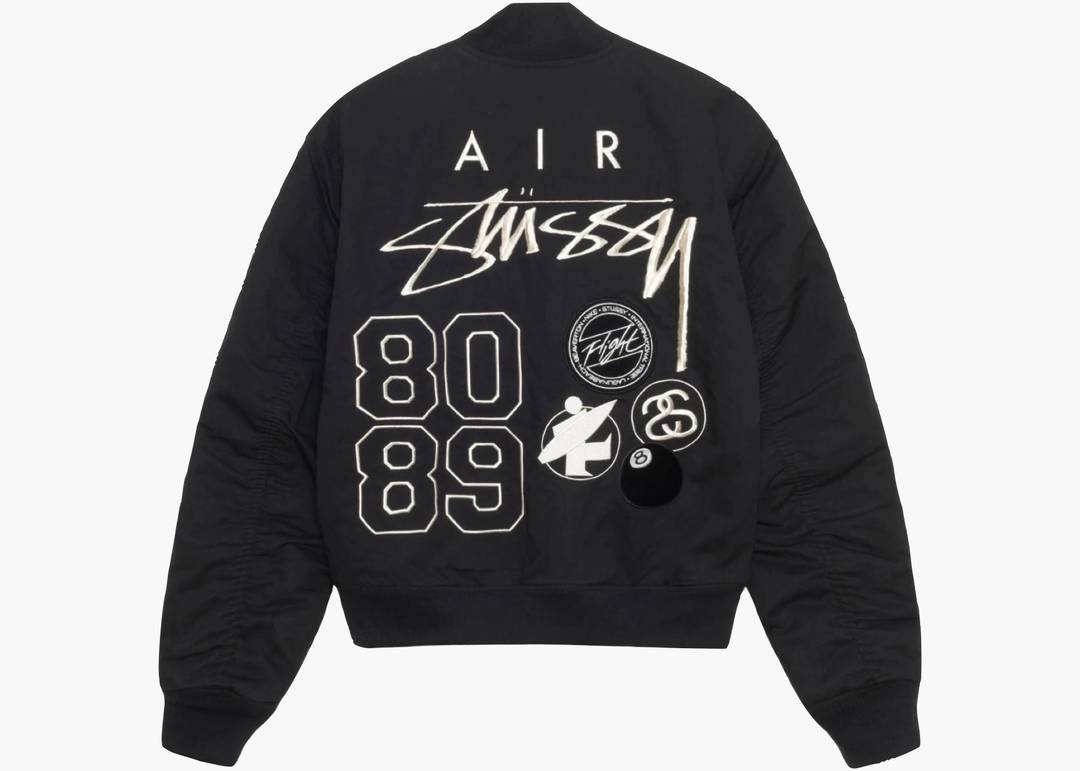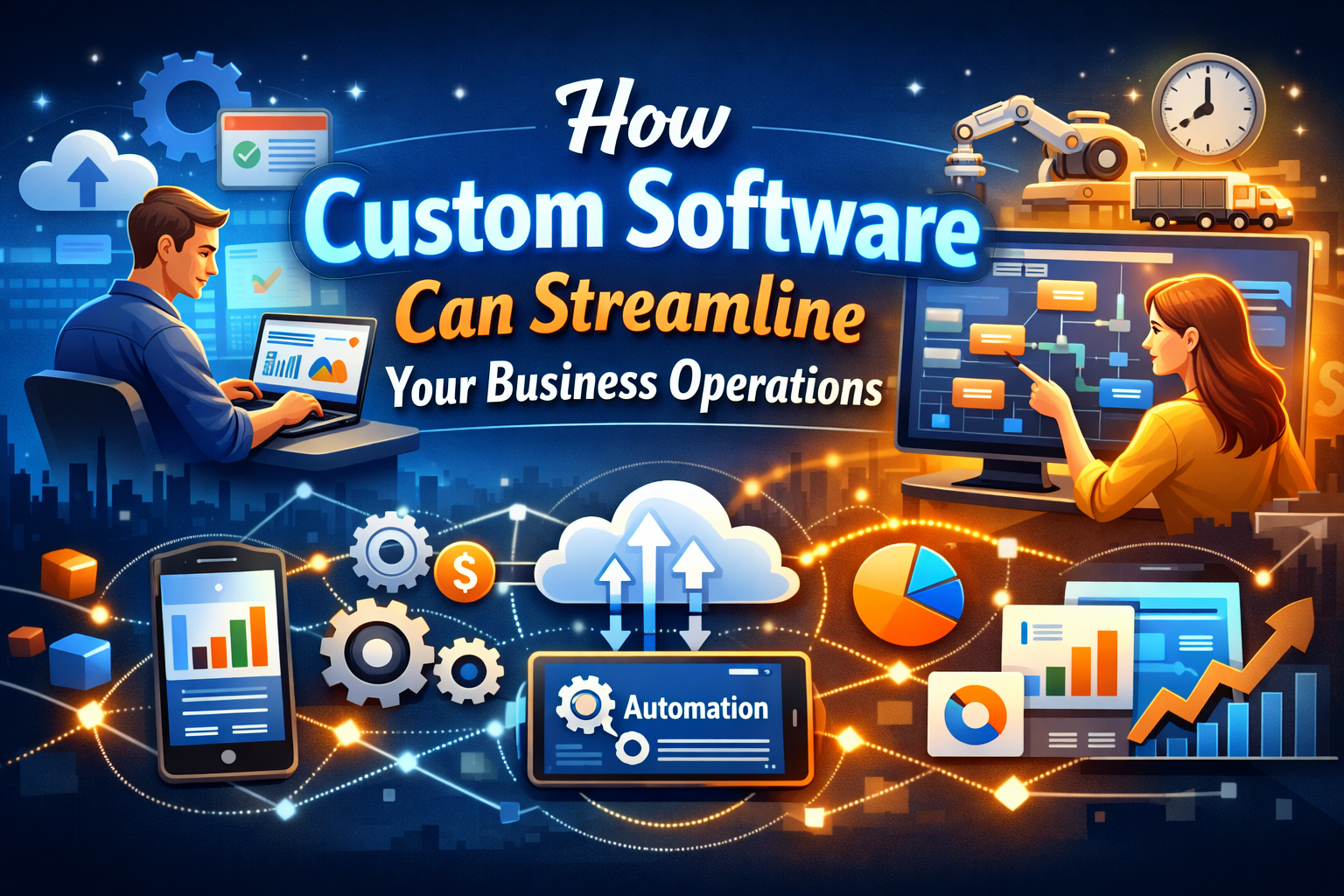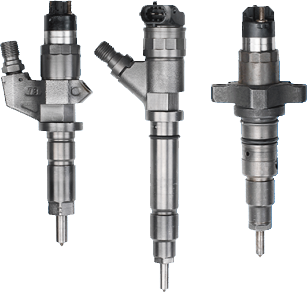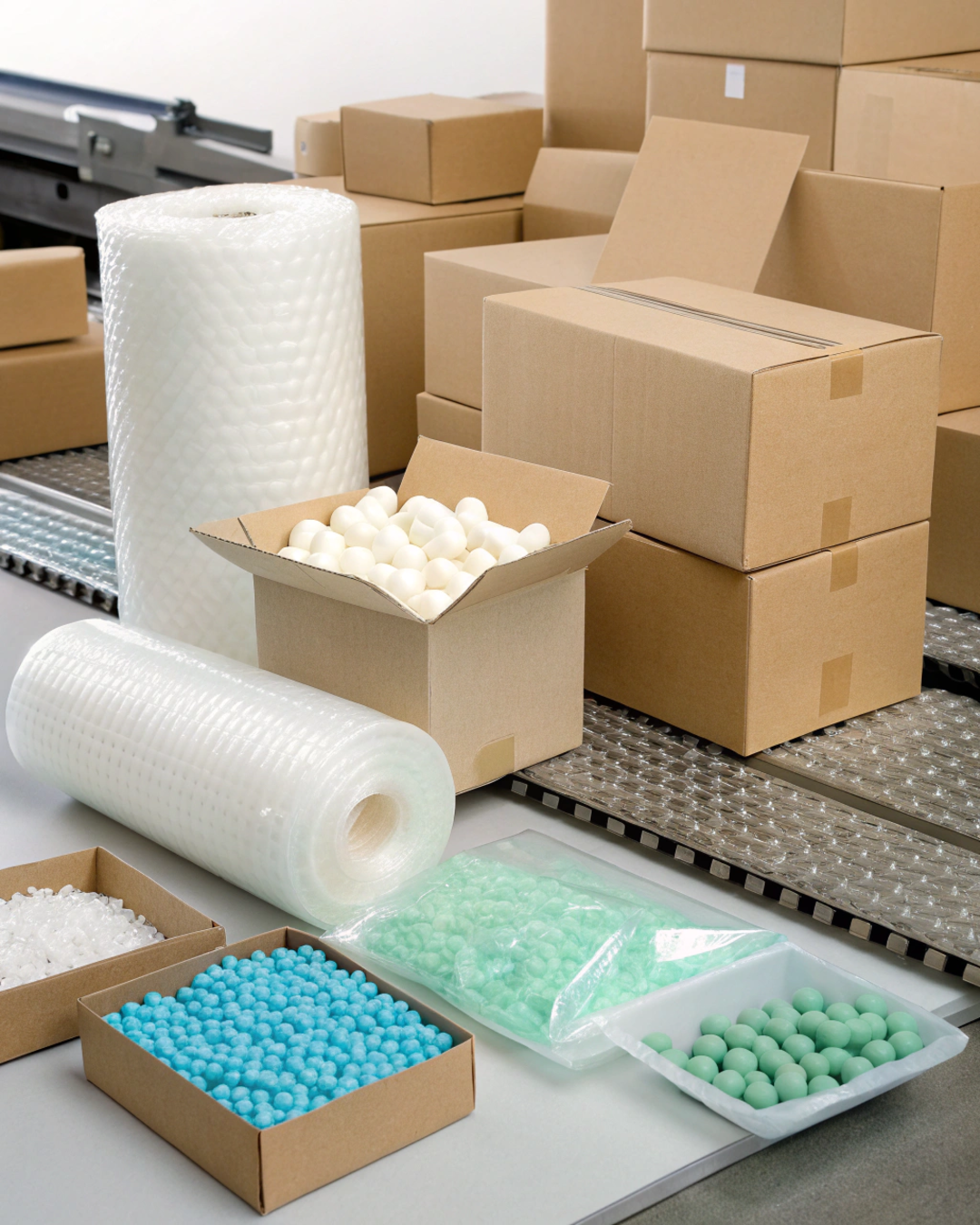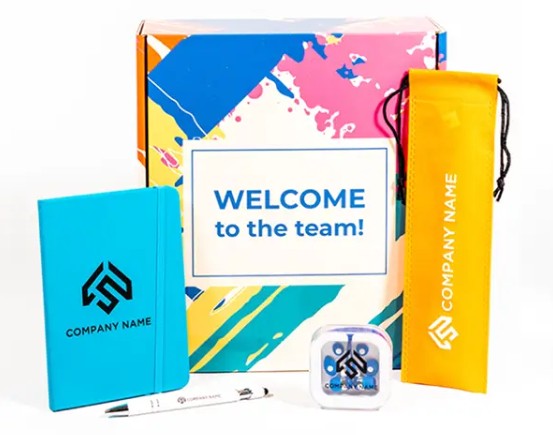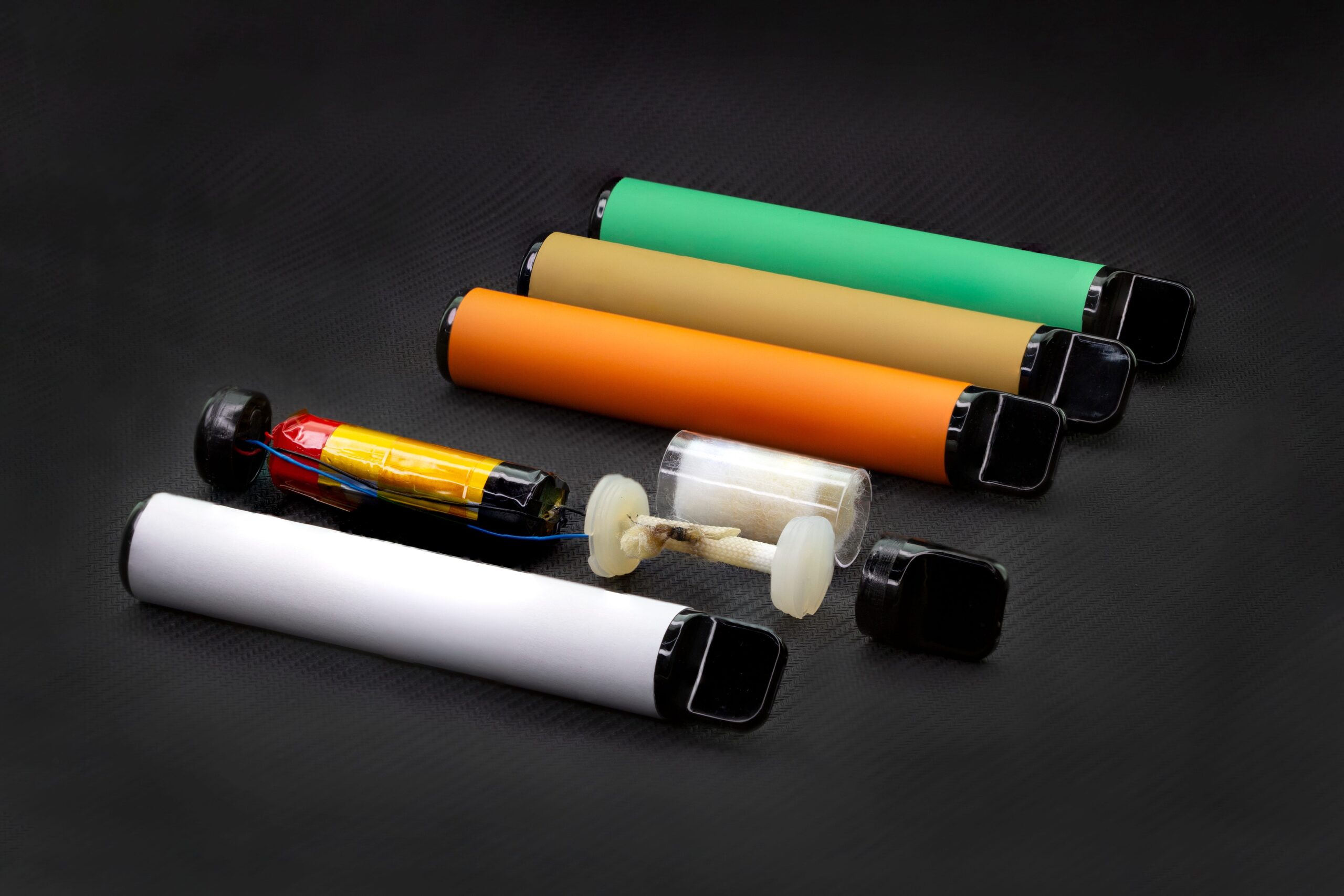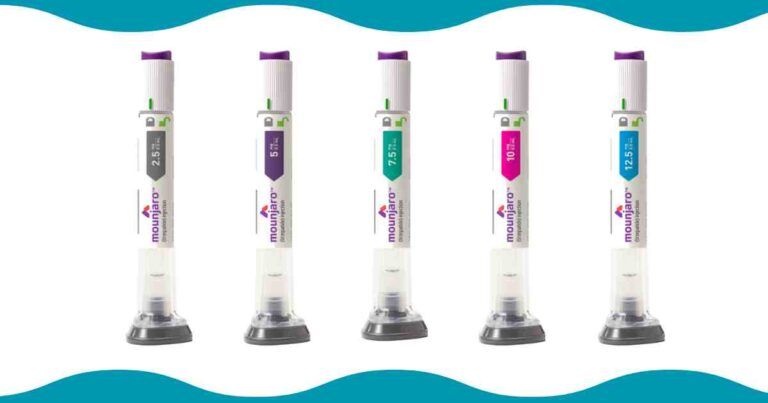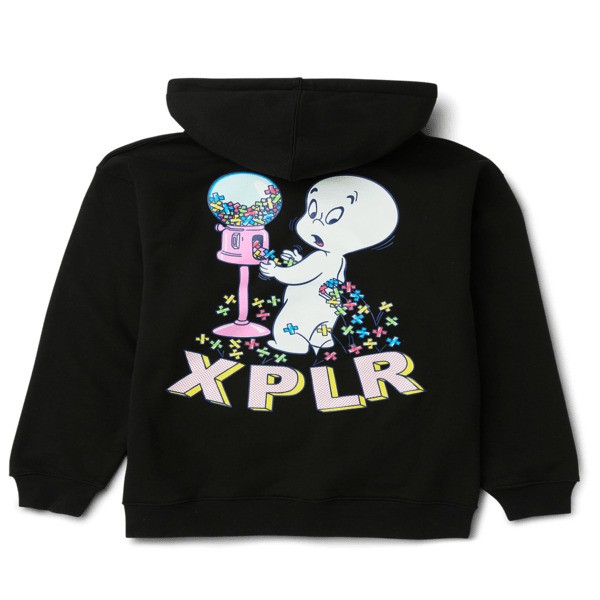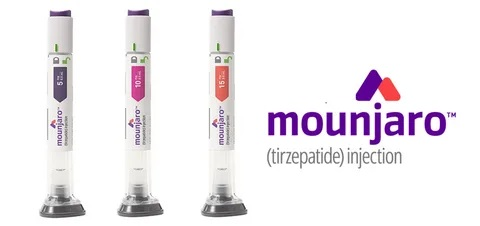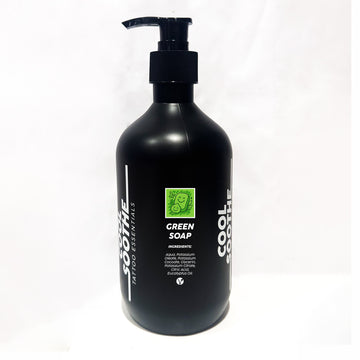GMP Certification: Elevating Pharma, Cosmetics, Supplement
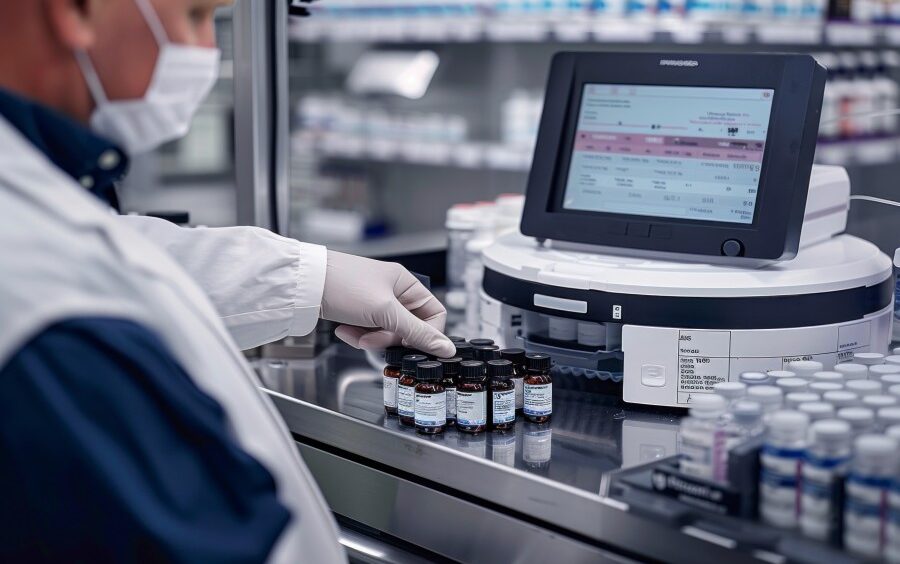
If you’re in pharmaceuticals, cosmetics, or food supplements, you know quality isn’t just a buzzword—it’s everything. GMP certification (Good Manufacturing Practices) is your golden ticket to proving your products are safe, consistent, and top-notch. But what does it take to get there? Why does it matter? Let’s walk through the ins and outs of GMP certification, why it’s a game-changer for manufacturers, and how you can nail it. Ready to make quality your superpower?
What Exactly Is GMP Certification?
Let’s start with the basics. Good Manufacturing Practices (GMP) are guidelines ensuring products are consistently produced and controlled to meet quality standards. Think of it as a recipe for trust—whether you’re making pills, lipsticks, or protein powders, GMP ensures safety and reliability. Certification means an external body, like the FDA or WHO, verifies your processes meet these standards. It’s not just paperwork; it’s a commitment to excellence. Why wouldn’t you want that kind of credibility?
Why GMP Certification Is a Big Deal
Here’s the thing: customers and regulators don’t mess around with safety. GMP certification shows you’re serious about quality control, hygiene, and consistency. For pharmaceutical manufacturers, it’s often a legal must. In cosmetics and supplements, it builds consumer trust—think of it as a badge that says, “We’ve got this.” Plus, it opens doors to global markets. Ever dream of selling your products internationally? GMP is your passport. It’s a win-win, isn’t it?
Who Needs GMP Certification?
If you’re making drugs, cosmetics, or dietary supplements, GMP is your jam. It’s not just for big players—small manufacturers benefit too. Regulators like the FDA or European Medicines Agency expect compliance in pharma. For cosmetics, it’s about standing out in a crowded market. Supplement makers? GMP ensures your protein shake doesn’t come with surprises. Whether you’re a startup or a giant, certification proves you’re committed to quality assurance. Ready to join the club?
The Core Principles of GMP
GMP isn’t rocket science, but it’s thorough. It covers everything from clean facilities to trained staff. You’ll need documented procedures, proper equipment maintenance, and rigorous quality control checks. Imagine running a kitchen where every ingredient is measured, every tool is spotless, and every dish is tested before serving. That’s GMP. It ensures your products are safe, effective, and consistent—batch after batch. Doesn’t that sound like a plan worth following?
The Certification Process: What to Expect
Getting GMP certified feels like prepping for a big exam. First, you align your processes with GMP guidelines—think sanitation, documentation, and staff training. Then, an accredited body audits your facility. They’ll check everything: your production line, records, even how you handle complaints. Pass the audit, and you’re certified. Fail? You’ll get feedback to fix issues. It’s intense but doable. Want to ace it on the first try?
Challenges You Might Face
Benefits Beyond Compliance
Sure, GMP certification keeps regulators happy, but it’s more than that. It builds customer loyalty—people trust certified products. It reduces risks, like costly recalls or lawsuits. And it makes your team sharper; everyone learns to prioritize quality. Plus, in 2025, with consumers demanding transparency, GMP sets you apart. Imagine your brand as the one customers choose without hesitation. That’s the power of certification. Isn’t that what every manufacturer wants?
Choosing the Right Certification Body
Preparing Your Team for Success
Your team is your biggest asset. GMP requires everyone to be on board—operators, managers, even the cleaning crew. Train them on standard operating procedures (SOPs), hygiene, and documentation. Make it fun—think workshops or gamified quizzes. A well-prepared team sails through audits. Ever see a team nail a project because everyone’s in sync? That’s the vibe you want. Get your crew ready, and you’re halfway there.
Staying GMP-Compliant Long-Term
Certification isn’t a one-and-done deal. You need to maintain GMP compliance through regular internal audits, updated SOPs, and continuous training. Think of it like keeping a car in top shape—regular check-ups prevent breakdowns. Technology, like automated monitoring systems, can help track compliance. In 2025, digital tools are making this easier than ever. Want to stay ahead of the game? Keep quality first, always.
GMP in the Real World: Success Stories
Let’s talk inspiration. A small cosmetic brand in California earned GMP certification and landed a deal with a major retailer. A supplement maker in India boosted exports after aligning with WHO-GMP standards. These aren’t just stories—they’re proof that certification opens doors. It’s like adding rocket fuel to your business. Imagine your company as the next success story. What’s stopping you from making it happen?
Navigating GMP in Different Industries
GMP isn’t one-size-fits-all. In pharmaceuticals, it’s about strict batch testing and traceability—lives are on the line. Cosmetics focus on hygiene to prevent contamination; nobody wants a rash from their moisturizer. For supplements, it’s about accurate labeling and purity. Each industry has unique challenges, but GMP adapts. You’ll tailor processes to your niche, ensuring every product meets high standards. Curious how GMP fits your specific field?
Technology’s Role in GMP Compliance
In 2025, tech is reshaping GMP. Automated systems track production in real-time, catching errors before they escalate. Software like SAP or MasterControl streamlines documentation, making audits less stressful. Imagine scanning a QR code to verify a batch’s history—cool, right? These tools save time and boost accuracy. But don’t worry, you don’t need to be a tech wizard. A good system feels intuitive. Ready to embrace the future of manufacturing quality?
Common Mistakes to Avoid
The Cost of GMP Certification
Let’s talk money. GMP certification costs vary—small facilities might spend a few thousand dollars, while larger ones could hit six figures. Factor in training, audits, and system upgrades. But think of it as an investment: certification boosts sales and reduces recall risks. Budget wisely, and shop around for auditors. Some offer payment plans or consulting to ease the sting. Isn’t peace of mind worth the price?
Your Next Move: Start the Journey
So, what’s the plan? GMP certification is your chance to shine in pharmaceuticals, cosmetics, or supplements. Research accredited certification bodies, assess your current processes, and start training your team. It’s a commitment, but the payoff—trust, growth, and quality—is worth it. You’re already making great products; now prove it to the world. Why wait to take your business to the next level? Start today.
There you go—a roadmap to GMP certification that’s as practical as it is inspiring. It’s not just about meeting standards; it’s about building a business that customers and regulators trust. Whether you’re crafting life-saving drugs, luxurious creams, or health-boosting supplements, GMP is your foundation for success. The process might feel daunting, but with the right preparation, you’ll come out stronger. So, are you ready to make quality your calling card?


 English
English 




